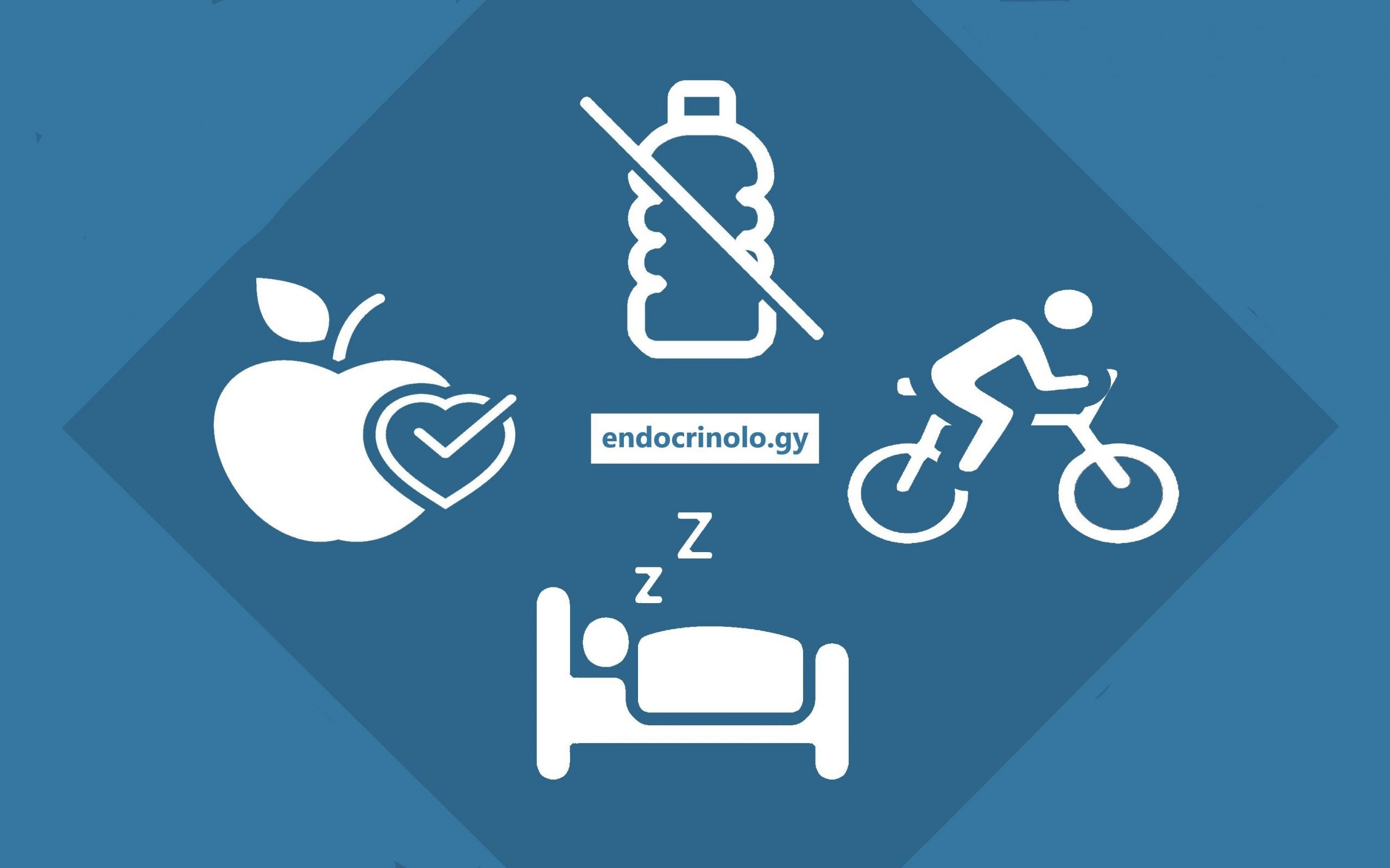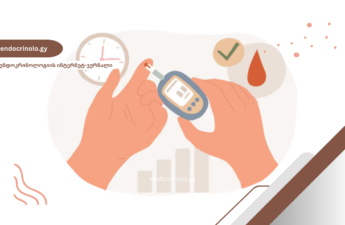Metabolism is the set of chemical processes by which the body converts calories from nutrients into the energy needed to function.
That is, metabolism and its level determine and reflect the burning of calories obtained from food.
Metabolism never stops. If we delve deep into the structures of the body and get to the cells, we find an important hub of activity.
No matter what we do, whether it's sleeping or waking, running or sitting in a chair watching TV, at any given moment, energy conversion processes are continuously taking place inside our cells. Which allows us to be alive and function.
In particular, metabolism provides:
- breathing
- blood flow
- digestion
- excretion
- controlling heart temperature
- muscle contraction
- cell growth and repair
- functioning of nervous system and brain
- controlling hormones levels
What is basal metabolic rate?
Basal metabolism reflects the body's consumption of calories during physical rest for vital processes such as breathing, blood circulation, maintaining body temperature, etc.
Its level is the specific number of calories that are spent to maintain basal metabolism.
The number of calories needed for basal metabolism is highly individual. The level of basal metabolism is determined to some extent by genetics and accounts for 60 to 75 percent of the total energy consumed by the body.
Two other ways to burn calories are daily physical activities (such as moving around, doing housework, gardening, etc.) and exercise.
Slow and fast metabolism
During a "slow" metabolism, the body needs a relatively small number of calories to perform basic functions.
In this case, it is necessary to consume smaller portions of food to prevent excess calories from accumulating as adipose tissue and the risk of developing obesity.
You probably know someone who constantly complains that the food they eat is too easily reflected in their weight. This is precisely the case with a slow metabolism.
When a person has a fast (or high) metabolic rate – their body burns more calories to perform basic life functions, consequently, larger than usual portions of food are needed to avoid developing a mass deficit.
An example of a fast metabolism might be people who eat a lot, including unhealthy foods, but do not gain weight easily.
Here the main question arises:
Is the metabolic rate the main factor determining body mass and whether it can be accelerated or, conversely, slowed down?
Factors affecting metabolic rate
As already mentioned, the characteristics of the metabolic rate are determined by genetics and its characteristics are inherited.
However, in addition to genetics, other factors also affect metabolic rate. These include:
Muscle mass
It is the main determinant of basal metabolism.
It takes far more calories to grow and maintain muscle tissue than it does to "maintain" fat tissue.
Therefore, with well-developed muscle mass, metabolism is usually faster and the body consumes more calories even without physical activity.
Age
As we age, muscle mass decreases, which in turn reduces metabolic rate. Metabolism remains relatively stable between the ages of 20 and 60, and then begins to slow down after the age of 60.
Gender
Under the influence of sex hormones, men have more developed muscle mass, which is why their metabolism is faster than women.
Genetics
It determines not only the rate of metabolism, but also the characteristics of the structure and development of muscle tissue.
Physical activity
It is an effective way to develop muscle mass and "accelerate" metabolism.
Smoking
Nicotine increases the metabolic rate and causes the body to burn more calories.
This is one of the reasons why stopping its use sometimes results in weight gain.
However, of course, this effect is far outweighed by the increased risks of diseases associated with tobacco smoking, such as cancer, high blood pressure, and heart disease.
Hypothyroidism and Cushing's syndrome
These medical disorders are associated with a slowdown in metabolism.
Food
The processes of processing and absorbing food itself require energy and consume a certain number of calories.
It is an important fact that the most calories are required to process protein foods. Carbohydrates and fats consume much less energy than that.
It is also worth noting that green tea contains substances that may have the ability to speed up metabolism.
Calorie deficit
An interesting fact is that the body's response to severe calorie restriction and rapid weight loss is to slow down metabolism, reduce calorie expenditure, and switch to energy storage mode.
This is the reason why weight tends to freeze after a certain period of time after starting a weight loss program and reducing calories.
However, in addition to this relatively negative outcome, this adaptive slowdown in metabolism has a major positive impact on the body – metabolism is improved and oxidative stress is reduced, which increases the quality and duration of life.
It is also worth noting that the metabolic slowdown response only accompanies calorie restriction and is not observed in response to weight loss through physical activity.
How metabolism affects body weight
The idea that the "speed" of metabolism is the main determinant of body mass is both true and not true.
Although the genetically innate level of metabolism determines how many calories the body needs to perform certain vital functions, but the main factor in the development of obesity is still the imbalance between calories consumed and burned.
In other words, body mass mainly depends on the diet and physical activity regimen.
Regardless of whether our metabolic rate is high, low, or normal, the body always stores excess calories as fat.
A fast metabolism, of course, is not a guarantee that a person will not gain excess weight. Here, too, the number of calories entering the body is important.
It is also worth noting that overweight people burn more calories when performing daily movements of equal intensity, than people of relatively slim build, because the body needs more effort to perform daily activities due to the extra weight.
But this still fails to create a calorie deficit because overweight and obese individuals tend to lead a sedentary lifestyle and move less.
Metabolism control
Basal metabolism can be influenced and increased by the following actions:
- Taking care of good muscle mass development
- Detection and management of diseases that affect basal metabolism
- Loading your diet with healthy protein foods
- Stop smoking
- Avoid diets that lead to rapid weight loss, because in this case, the faster the body mass decreases, the greater and longer the adaptive suppression of the basal metabolic rate occurs. Which then causes rapid weight gain. Gradual weight loss at a slow pace ensures a less drastic and shorter slowdown in metabolism and long-term maintenance of the achieved weight.
Thus, complete control of basal metabolism is beyond our reach, but at the same time, we can fully control, how many calories do we get from food and how much energy do we expend through daily physical activity and additional exercise?
The American Dietary Guidelines recommend that cutting 500-750 calories per day through physical activity will result in a weight loss of 0.5 to 1 kg per week.
Author: Elga Giorgadze (MD of Endocrinology)






